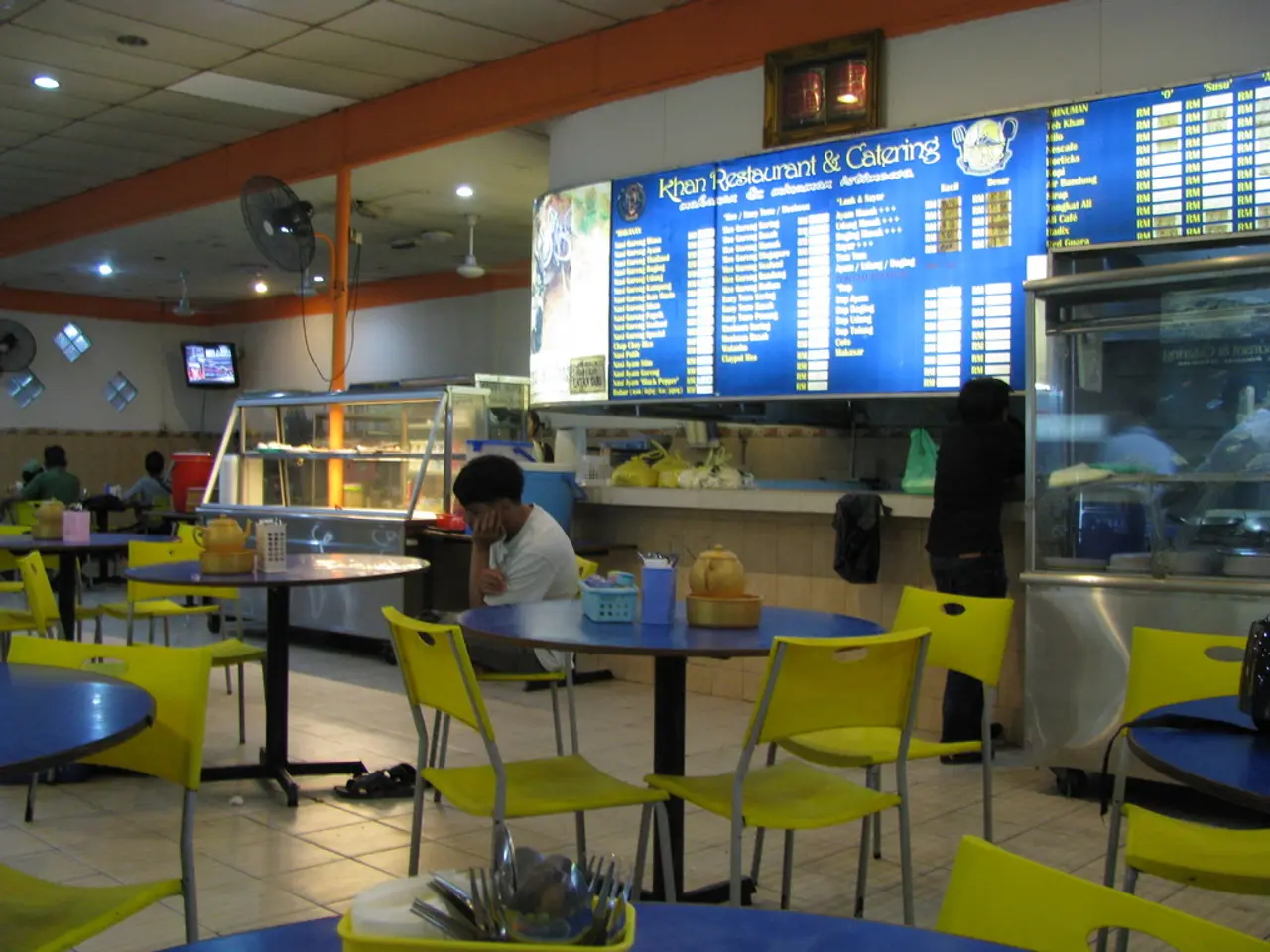"The Discontinuation of 'All Included' Impacts Russians: Favored delicacies and Swedish-style dining experiences in Turkey will no longer be available for Russians"
In a bid to address the growing issue of food waste and price pressures in the hospitality sector, the Presidential Council on Agricultural and Food Policy is contemplating a switch to an à la carte format in Turkish hotels and restaurants.
This proposed change could lead to a significant reduction in food waste, with guests ordering only the dishes they want from a menu rather than taking excess food from a buffet. This shift could help address the reported problem of 23 million tons of annual food waste in Turkey, a large portion of which occurs in the hospitality sector.
For guests, this change means a more personalised dining experience with potentially better portion control and freshness, as meals will be prepared on order rather than served in bulk. It may also lead to greater satisfaction since portions are tailored to individual appetites rather than fixed buffet servings likely to result in leftovers.
For the market and hotels, moving to an à la carte format could lessen food costs by reducing overproduction and waste, helping to control rising food prices linked to resource inefficiency. There is also an expected change in the pricing and service model: à la carte is often viewed as higher-end, which could put some pricing pressure on hotel operators but might be offset by savings from less waste and more efficient inventory management.
Other expected impacts include the elimination of restrictions on the number of people who can share dishes, further reducing unnecessary food waste. The abolishment of the all-inclusive buffet system corresponds with government legislative initiatives aiming to improve sustainability and urban cleanliness by banning food waste disposal in public areas.
In the broader market, these steps may stimulate demand for fresh, locally sourced ingredients since à la carte dining typically emphasizes quality over quantity, promoting better supply chain practices.
Authorities claim they have a national plan to reduce waste and are currently consulting with ministries, NGOs, and businesses to agree on a package of measures to be submitted to the president for approval and subsequently to parliament. The voluntary "orange flag" program for hotels implementing a "zero waste" system is being expanded, with plans to significantly increase the number of such establishments.
However, the scenario of full buffet abandonment is being debated, with some experts believing hotels may adapt their service and maintain the familiar model under new names. The risks include increased order wait times and potential reconfiguration of some all-inclusive packages to hybrid ones to maintain marketing appeal.
Regulators estimate that even a 5% reduction in waste could result in tens of billions of lira in savings and cover the annual needs of hundreds of thousands of families. The Turkish government is preparing a report to suggest that hotels and restaurants switch from the buffet system to an à la carte format.
References:
- News Source 1
- News Source 2
- News Source 3
- News Source 4
- News Source 5
- The shift towards an à la carte format in Turkish hotels and restaurants could contribute to the health-and-wellness sector by promoting better portion control and freshness, leading to healthier meal choices for guests.
- In addition to reducing food waste, the proposed change to an à la carte format in the hospitality industry could have a positive impact on science and lifestyle, as it may stimulate the demand for locally sourced, fresh ingredients, which could lead to improvements in food-and-drink supply chain practices.
- The move towards an à la carte format in Turkish restaurants could revolutionize the cooking industry, with chefs having more freedom to tailor menu items to individual preferences and Dietary requirements, thereby offering a personalized dining experience for guests.




